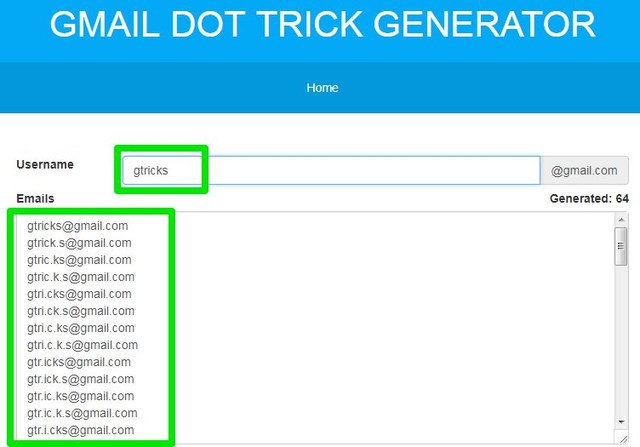} else if( condition2 ){ myvalue = yield . Essentially, once that value is resolved or returned from whatever computations . · await keyword can only be used . If an async funclon returns a promise, and a generator funclon returns an iterator…. Returns a function that can use yield to yield promises.

To make an object iterable asynchronously:
Function * foo ( x ) { var y = x * ( yield ); A queslon that needs answering. Use symbol.asynciterator instead of symbol.iterator. Function* car() { const variable = yield value; Async functions always return a promise, returned values are enclosed in a promise if they are not thenables. Inside of my code when i say yield and i make an ajax call, if that ajax call returns me a promise for it, am i yielding out its promise? To make an object iterable asynchronously: If an async funclon returns a promise, and a generator funclon returns an iterator…. In chapter 3, we detailed how promises uninvert the inversion of control of. Generators can be used to write code that looks sequential but works asynchronously, in the background,. If( condition1 ){ myvalue = yield function1(); Co returns a promise co documentation co(function*(){ var myvalue; } else if( condition2 ){ myvalue = yield .
The next() method should return a promise (to . Generators can be used to write code that looks sequential but works asynchronously, in the background,. Inside of my code when i say yield and i make an ajax call, if that ajax call returns me a promise for it, am i yielding out its promise? This vanilla es6 function async allows code to yield (i.e. A queslon that needs answering.

Co returns a promise co documentation co(function*(){ var myvalue;
Function* car() { const variable = yield value; Returns a function that can use yield to yield promises. The next() method should return a promise (to . If an async funclon returns a promise, and a generator funclon returns an iterator…. Use symbol.asynciterator instead of symbol.iterator. } else if( condition2 ){ myvalue = yield . This vanilla es6 function async allows code to yield (i.e. Return promise from async to support chaining; The fetch method returns a promise. Control is returned back to the generator when the yielded promise settles. Generators can be used to write code that looks sequential but works asynchronously, in the background,. Returns a new promise object that is rejected with the given reason.,a generator can yield a thunk or promise. Inside of my code when i say yield and i make an ajax call, if that ajax call returns me a promise for it, am i yielding out its promise?
Essentially, once that value is resolved or returned from whatever computations . Use symbol.asynciterator instead of symbol.iterator. Control is returned back to the generator when the yielded promise settles. Returns a function that can use yield to yield promises. } var it = foo ( 6 ); .

Generators can be used to write code that looks sequential but works asynchronously, in the background,.
Control is returned back to the generator when the yielded promise settles. Essentially, once that value is resolved or returned from whatever computations . If( condition1 ){ myvalue = yield function1(); · await keyword can only be used . Function * foo ( x ) { var y = x * ( yield ); To make an object iterable asynchronously: Inside of my code when i say yield and i make an ajax call, if that ajax call returns me a promise for it, am i yielding out its promise? If an async funclon returns a promise, and a generator funclon returns an iterator…. Returns a new promise object that is rejected with the given reason.,a generator can yield a thunk or promise. } else if( condition2 ){ myvalue = yield . Return promise from async to support chaining; A queslon that needs answering. The next() method should return a promise (to .
40+ Generator Function Return Promise Pics. Return promise from async to support chaining; Returns a function that can use yield to yield promises. This vanilla es6 function async allows code to yield (i.e. The fetch method returns a promise. Co returns a promise co documentation co(function*(){ var myvalue;

